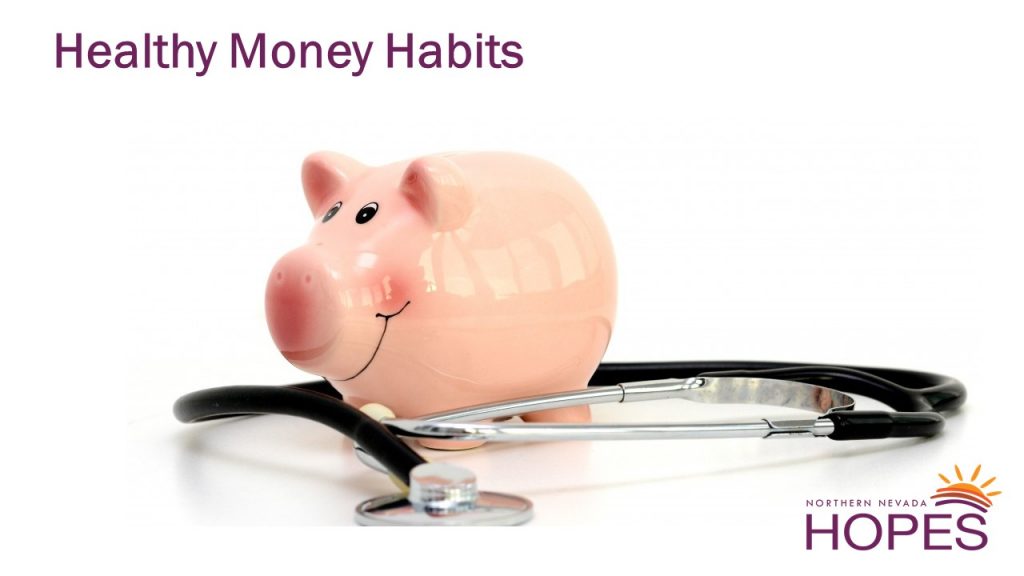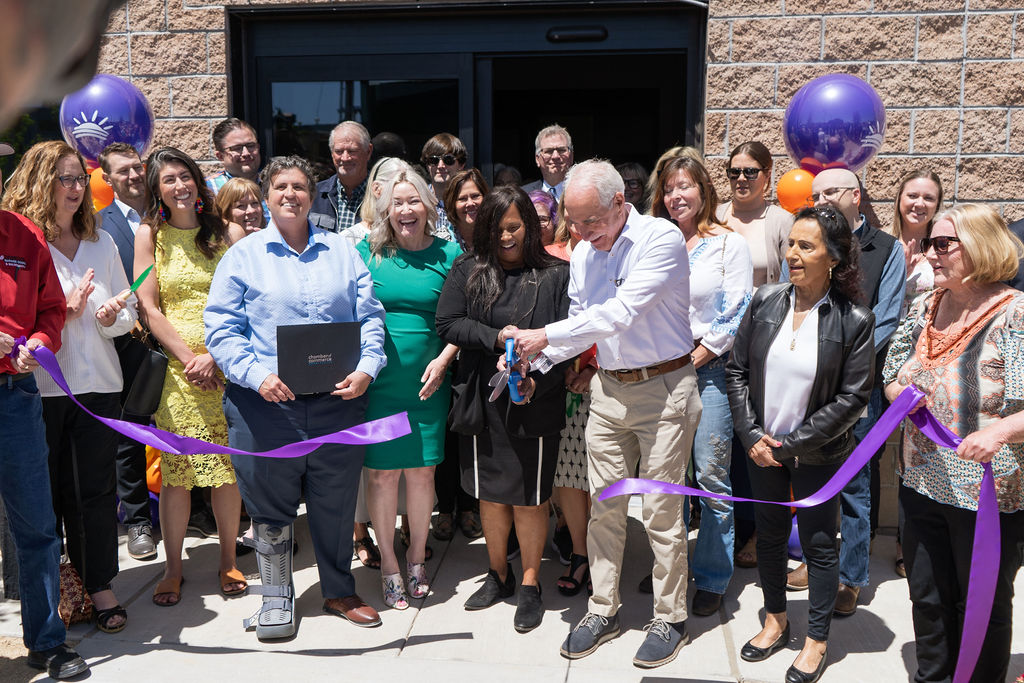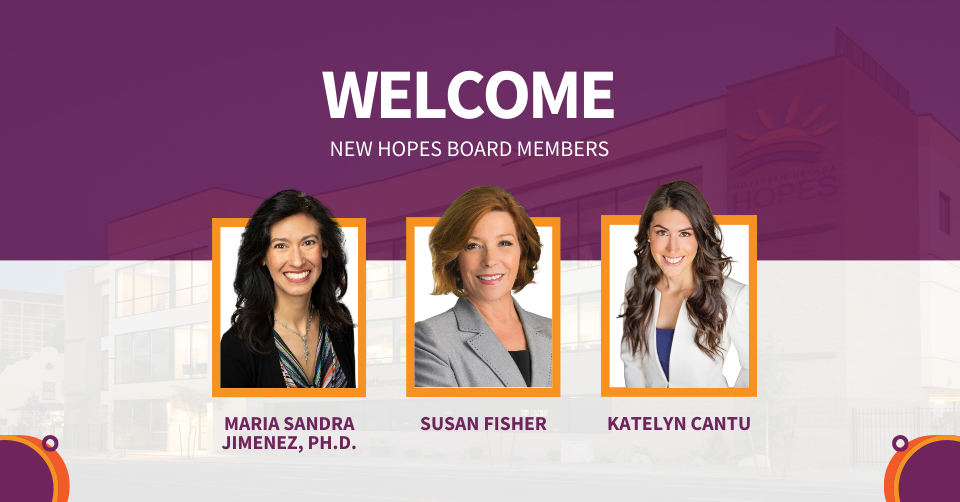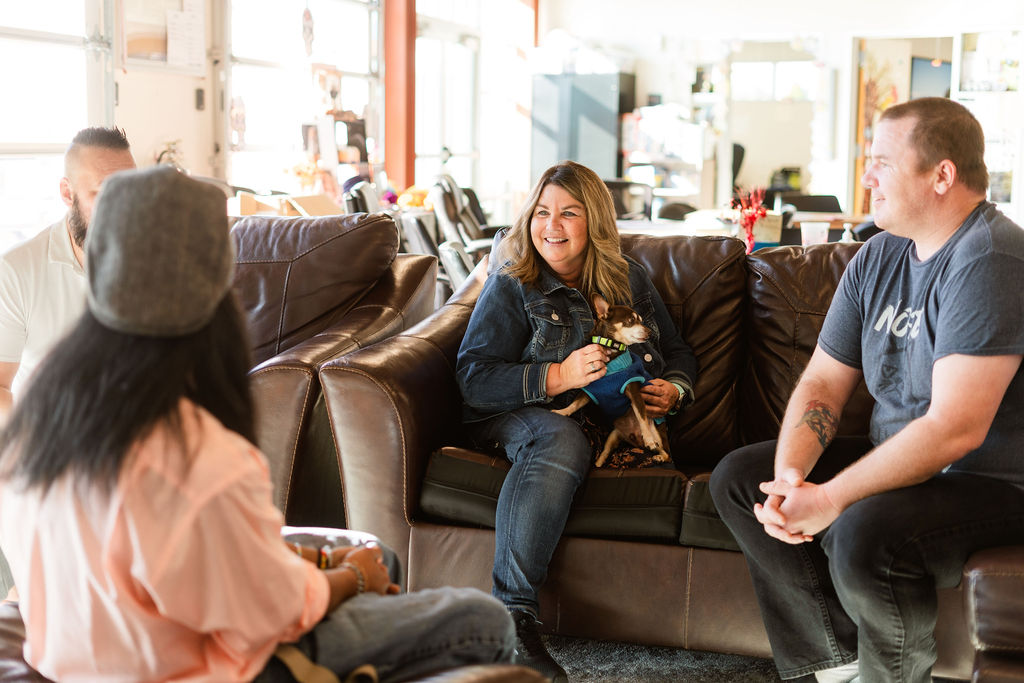
Money in the time of COVID-19
This month, Healthy Money Habits focuses on the financial side of COVID-19. In just weeks, the COVID-19 emergency has turned our lives upside down and while our health is most important during this time, the pandemic has hit our finances hard too. The following content addresses financial areas affected by COVID-19. The Healthy Money Habits program is here as a resources for our patients. Stay healthy Nevada!
COVID-19 Scams
In times of difficulty and emergencies, we are more vulnerable to scams. The Federal Trade Commission (FTC) wants you to know that there are many scams circulating because of the COVID-19 emergency. They range from the stimulus checks to selling Coronavirus treatments and even social distancing. They specifically target the elderly as well, so avoid falling victim to scammers and learn about what those scams are. To find out more on how you can protect yourself and your loved ones check out the link to the FTC in the Resources page. You can also sign up for alerts!
Navigating basic needs during COVID-19
By now, we are all feeling the economic impact that COVID-19 is having on our lives. No matter what your current situation is, the following tips can help relieve some financial stress. Dave Ramsey1 suggests prioritizing the most essential needs by taking care of your “Four Walls.” You can check out his website for more tips at www.daveramsey.com/blog/4-things-you-must-budget
- Shelter: contact your mortgage company or property owner to see how they can help
- Food: make sure you only buy what you need. Cut out any item that is not necessary like junk food and alcohol. Locate your local food bank in case you start running out of food.
- Utilities: contact the companies to see what they can do to help
- Transportation: have a plan to get around your area.
The Government Stimulus
The President signed a bipartisan bill, a $2 trillion dollar plan to offer assistance to tens of millions of American households affected by the coronavirus pandemic.
• Married couples making up to $150k/year: $2,400 (less than $2,400 if income is up to $198/year)
• Singles making up to $75k/year: $1,200
• Additional $500 for each qualifying child for those making up to $75k
• College students will not qualify if parents claim them as dependents
How will the impact payment arrive? Eligible taxpayers who filed tax returns for either 2019 or 2018 will automatically receive an economic impact payment. The vast majority of people do not need to take any action. The IRS will calculate and automatically send the economic impact payment to those eligible. Either via direct deposit or via mail to those who qualify. For answers to questions like, what if I have not filed in the last year or two? How do I qualify? How long will it take to get the payment? You can get answers to all your questions by visiting the IRS website at the link on the Resources page below
The New Tax Filing Deadline
The deadline to file or pay taxes has been extended to July 15, 2020. This relief applies to federal income returns, not state taxes. The relief is automatic and you do not need to file any additional forms or call the IRS to qualify. Those with an income of $69,000 a year or less can file free by logging in to the IRS website where they have step-by-step instructions and tools to help you file successfully. Due to COVID-19, a number of VITA* sites and all TCE* sites are closed for an undetermined period of time. To locate an open VITA site near you, use the VITA Locator Tool or call. You can get answers to all your questions by visiting the IRS website at the links on the Resources page.
What about Student Loans?
What is happening to the interest on student loans?
In March, the President made a decision that all loans owned by the U.S. Department of Education (ED) will have interest waived. This includes Direct Loans, Federal Perkins Loans and Federal Family Education Loan (FFEL) program held by the ED. However, those FFEL and Perkins loans held by commercial lenders are not eligible at this time. The interest will not accrue on federally held student loans for at least 6 months and may be extended depending on the COVID-19 emergency.
What if you can’t pay your student loans?
You can request an administrative forbearance, which means you can temporarily stop making payments without becoming delinquent. If you are at least 31 days behind as of March 13, 2020, you will automatically be placed in forbearance to give you safety during COVID-19. Contact your loan servicer to see if your loans qualify. If you do not know who your servicer is, call 1-800-4-FED-AID or for more information on COVID-19 and student loans or log on to the Office of Federal Student Aid web page in the link provided in the Resource list.
Resources
National
TAXES: Internal Revenue Service (IRS)
Free File: Do your Federal Taxes for Free
- Free self-file: https://www.irs.gov/filing/free-file-do-your-federal-taxes-for-free
- VITA Locator Tool
(may be closed due to COVID-19): https://irs.treasury.gov/freetaxprep/
- Call toll free: (800) 906-9887
STUDENT LOANS: Federal Student Aid an Office of the U.S. Department of Education
Coronavirus and Forbearance Info for Students, Borrowers and Parents
STIMULUS PAYMENTS: Economic Impact Payments
IRS: Economic Impact Payments: What you need to know
FEDERAL HELP WITH BILLS: government programs to help pay for phone bills, medical bills, and other expenses.
- https://www.usa.gov/help-with-bills#item-34762
- 1-844-872-4681
SCAMS INFORMATION: Federal Trade Commission (FTC). COVID-19 Scam Alerts
Local
EMERGENCY RESOURCES: Nevada 211
- https://www.nevada211.org
- Call 2-1-1 or 1-800-535-5654
JOB LOSS: Nevada Unemployment Insurance
- http://ui.nv.gov/css.html
- Northern NV: (775) 684-0350
- Rural areas: 1-888-890-8211
MORTGAGE PAYMENT DEFERMENT: List of Banks and Credit Unions – contact your lender individually
INFORMATION ON COVID-19 IN NEVADA: Nevada Health Response, this website contains



